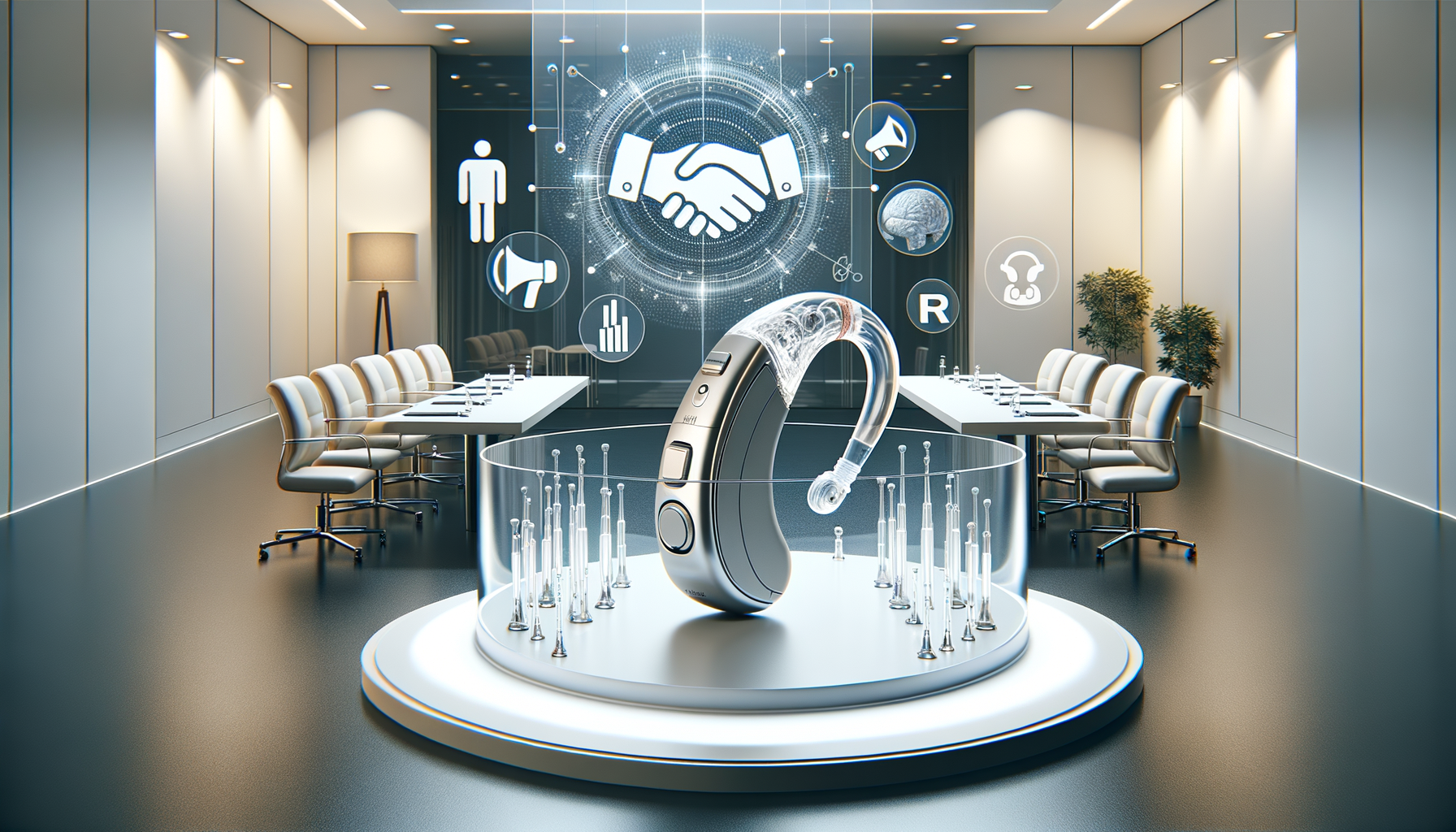The Evolution of Hearing Technology
For decades, hearing aids were associated with bulky, conspicuous devices that were often uncomfortable and difficult to manage. However, the landscape of hearing technology has transformed dramatically. Modern hearing aids are not only smaller and more discreet but also pack a punch with advanced features that enhance the listening experience. The integration of digital technology has allowed for features such as noise reduction, Bluetooth connectivity, and rechargeable batteries. These advancements have made hearing aids more user-friendly and efficient, addressing many of the complaints associated with older models.
The shift towards digital technology in hearing aids has also opened doors to more personalized solutions. With the ability to fine-tune devices based on individual hearing profiles, users can experience a more natural sound quality. This personalization is crucial, as it allows individuals to engage in conversations and activities with greater ease and confidence. Furthermore, the development of smartphone apps that pair with hearing aids has provided users with unprecedented control over their hearing experience, allowing for adjustments on the go.
Benefits of Modern Hearing Aids for Seniors
Modern hearing aids offer numerous benefits that cater specifically to the needs of seniors. One of the most significant advantages is the improvement in sound quality. Advanced algorithms can distinguish between speech and background noise, making it easier for users to focus on conversations. This feature is especially beneficial in social settings, where multiple conversations and ambient sounds can be overwhelming.
Another critical benefit is the comfort and convenience of contemporary hearing aids. Many devices now come with features such as moisture resistance and ergonomic designs that fit comfortably in the ear. Furthermore, the availability of rechargeable models eliminates the hassle of frequently changing batteries, which can be a challenging task for individuals with limited dexterity.
Modern hearing aids also promote social engagement and independence. By improving the ability to hear and communicate effectively, seniors are more likely to participate in social activities, reducing feelings of isolation. Additionally, features like telecoil technology enable users to connect with public sound systems, making it easier to enjoy events such as theater performances and religious services.
Choosing the Right Hearing Aid: Factors to Consider
Selecting the right hearing aid can be a daunting task, given the myriad of options available. However, understanding key factors can simplify the decision-making process. First and foremost, it’s essential to consider the degree of hearing loss. Different devices are designed to accommodate varying levels of hearing impairment, so a professional assessment is crucial.
Another important factor is lifestyle. Individuals who lead active lives may benefit from features such as moisture resistance and Bluetooth connectivity, which facilitate seamless integration with other devices. For those who frequently attend events, telecoil technology can enhance the listening experience in public settings.
Budget is also a consideration, as hearing aids can vary significantly in price. While it’s tempting to opt for less expensive models, it’s important to weigh the cost against the features and benefits offered. Many hearing clinics offer payment plans and insurance options to make these devices more accessible.
Ultimately, the choice of a hearing aid should be guided by professional advice and tailored to the user’s specific needs and preferences. By considering these factors, individuals can find a solution that enhances their quality of life and keeps them connected to the world around them.








